Corporate War Profiteers Finally Put on Trial
In early January 2009, a thirteen-year-old girl named Almaza Samouni watched in horror as 30 members of her family were killed while her home in Gaza was shelled by the Israeli Defense Forces (IDF) during Operation Cast Lead. Among the victims was her brother, who was struck by a missile while exiting the house to look for wood.
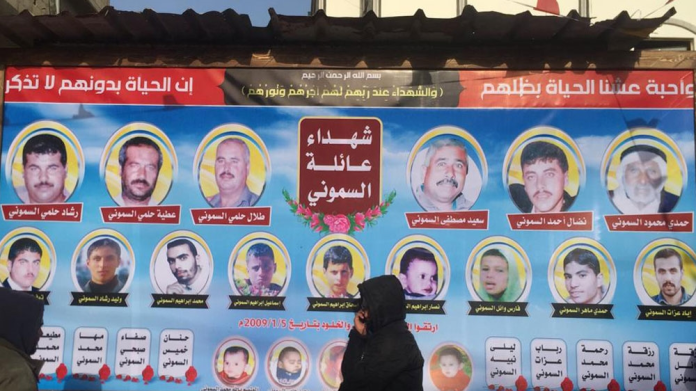
The lethal missile that killed her brother was fired from an Apache AH-64 attack helicopter, which had been supplied to the IDF by Boeing, a top American defense contractor with headquarters in Arlington, Virginia.
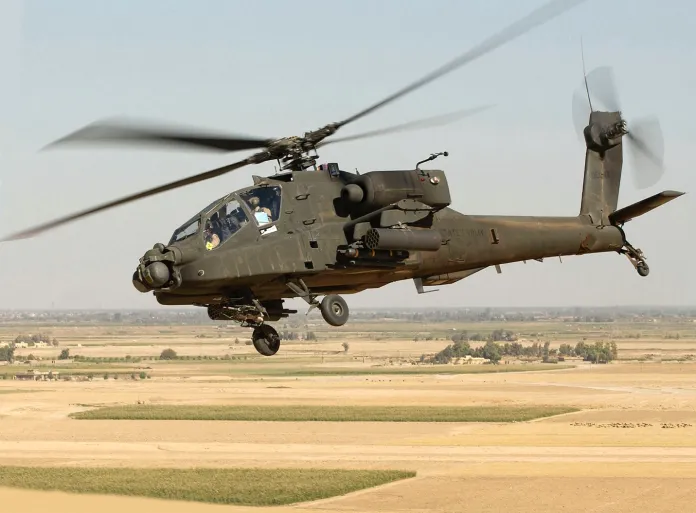
On November 12, 2023 a group of peace activists associated with World Beyond War convened a war crimes tribunal designed to hold Boeing and three other top defense contractors—Lockheed Martin, Raytheon and General Atomics—accountable for the kind of war crimes that led to the death of Almaza Samouni’s brother and most of the rest of her family.
 The coordinator of the tribunal, Brad Wolf, is a former prosecutor from Lancaster, Pennsylvania, who works with the group Peace Action Network. He said that the aim of the tribunal was to provide documentation over several months that would prove how the defendants had produced weapons they knew would be used to kill civilians in violation of international law.
The coordinator of the tribunal, Brad Wolf, is a former prosecutor from Lancaster, Pennsylvania, who works with the group Peace Action Network. He said that the aim of the tribunal was to provide documentation over several months that would prove how the defendants had produced weapons they knew would be used to kill civilians in violation of international law.
Prior to the opening of the tribunal, Wolf and his co-coordinators Kathy Kelly and Nick Mottern, both long-time peace activists, hand-delivered subpoenas to the corporate office in Washington, D.C., of the defendants who stand accused of malicious disregard for human life.
When the defendants failed to respond after 90 days, a contempt citation was issued.
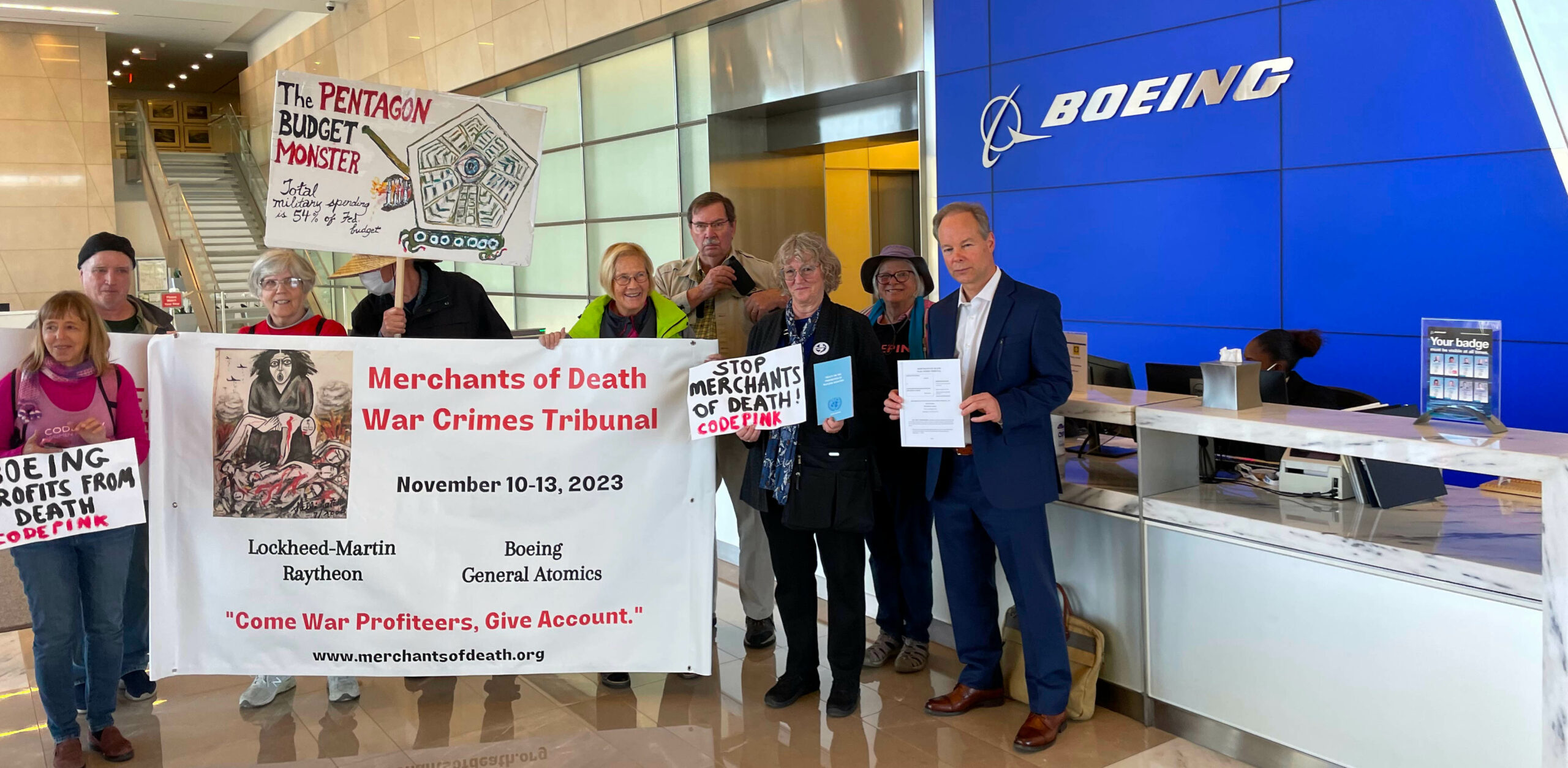

Nick Mottern emphasized in his remarks at the tribunal’s opening that a key model for the “merchants of death” tribunal is the Nuremberg trial following World War II, in which Nazi leaders were put on trial for their actions during World War II.
Largely forgotten about those trials was that, in 1947, executives of the three largest German war profiteers, Krupp, I.G. Farben and Flick, were put on trial and held legally accountable for participating in war crimes.
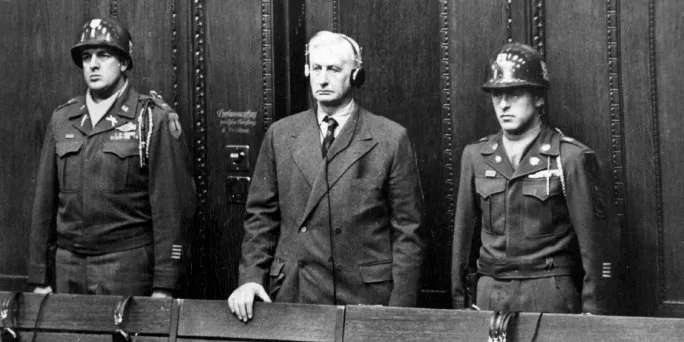
In the 1930s, Krupp and Farben had been among 25 German corporations that paid $30 million to bail out the Nazi Party and ensure its rise to power. They supported Adolf Hitler because of his promise to eliminate the trade unions and communists and because of the allure of war profits under his rule.
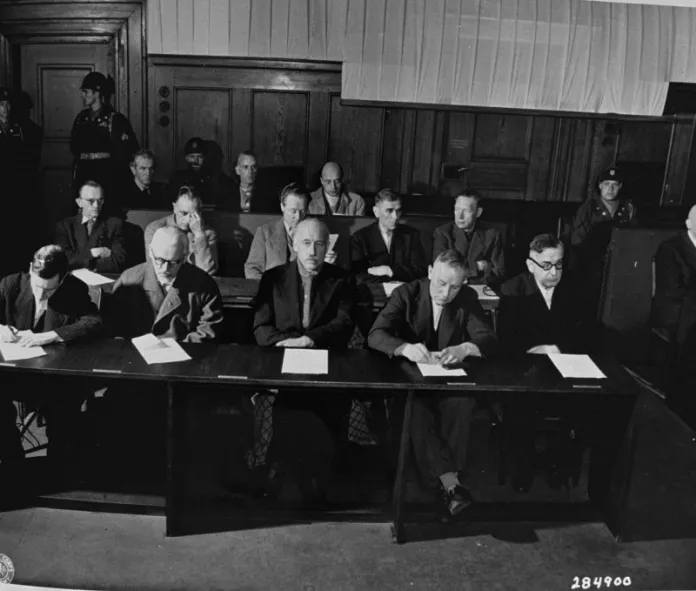
Mottern pointed out that, sadly, the tribunal, under U.S. pressure, dropped the most important charge accusing the corporate executives of planning and waging a war of aggression and, instead, prosecuted them for the lesser crime of slavery and theft of property from other countries.
After the war, the U.S. was intent on reintegrating German industrial capacity into the global capitalist order and bolstering West Germany’s economy for purposes of the Cold War.
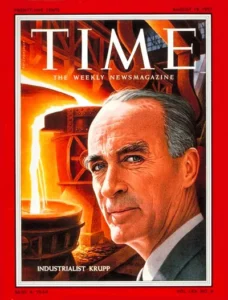 By 1951, Alfred Krupp and other war industry executives were released from prison under orders of the U.S. High Commissioner for Germany, John J. McCloy, and in 1957 Krupp was featured on the cover of Time magazine, which published a flattering article celebrating his command over a $1 billion business empire.
By 1951, Alfred Krupp and other war industry executives were released from prison under orders of the U.S. High Commissioner for Germany, John J. McCloy, and in 1957 Krupp was featured on the cover of Time magazine, which published a flattering article celebrating his command over a $1 billion business empire.
Mottern said that today’s world has eerie similarities to the 1930s and 1940s, where war corporations are fueling U.S. aggression across the globe and creating an environment in which a world war could break out at any moment. Since 9/11, the U.S. military has killed millions of people of color in the Middle East and around the world as it has engaged in a war of colonial conquest and plunder driven by arms merchants.
In the Shadow of the Nye Committee
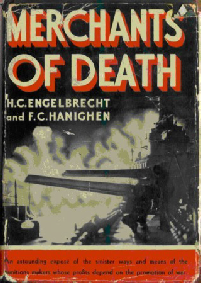 Title of a best-selling 1937 book by H.C. Engelbrecht and F.C. Hanighen, the term “merchants of death” was first popularized in the aftermath of World War I when the American public woke up to the fact that weapons companies and bankers like J.P. Morgan had provoked the U.S. intervention in the Great War.
Title of a best-selling 1937 book by H.C. Engelbrecht and F.C. Hanighen, the term “merchants of death” was first popularized in the aftermath of World War I when the American public woke up to the fact that weapons companies and bankers like J.P. Morgan had provoked the U.S. intervention in the Great War.
In the early 1930s, Senator Gerald Nye (R-ND) led congressional hearings that exposed the machinations of the death merchants and advocated for the nationalization of the arms industry.
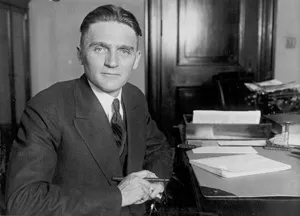

At the beginning of the hearing Wolf emphasized that the outbreak of the Israel-Gaza war would be the focal point for the tribunal’s first session because of the grave humanitarian crisis. The featured speaker, Christian Sorensen, an Air Force veteran and military expert, detailed the extensive U.S. weapons supplies to Israel by the tribunal’s defendants who, Sorensen said, had to be aware that their weapons were being used to kill Palestinian civilians.
Sorensen specified that U.S. weapons sales to Israel total $3.8 billion per year and include:
- Boeing AH-64 Apache attack helicopters
- Lockheed Martin F-35 and F-16 jets featuring Raytheon (RTX) Pratt & Whitney engines
- Lockheed Martin C-130 cargo aircraft
- Lockheed Martin CH-53 helicopters
- Boeing Joint-Direct Attack Munitions (JDAM), precision bomb guidance kits that help guide smart bombs to target (12,400 of these have been provided to Israel since 2009)
- Boeing GBU-39 small diameter bombs (8,500 of these have been sold to Israel since 2010)
- Raytheon Paveway laser-guided bombs (Israel received 700 of these in 2018-2019)
- Raytheon AGN-65 air-to-ground missiles
- Lockheed Martin Hellfire AGM-14 missiles
- Lockheed Martin rocket launch systems
- Oshkosh light tactical vehicles[1]


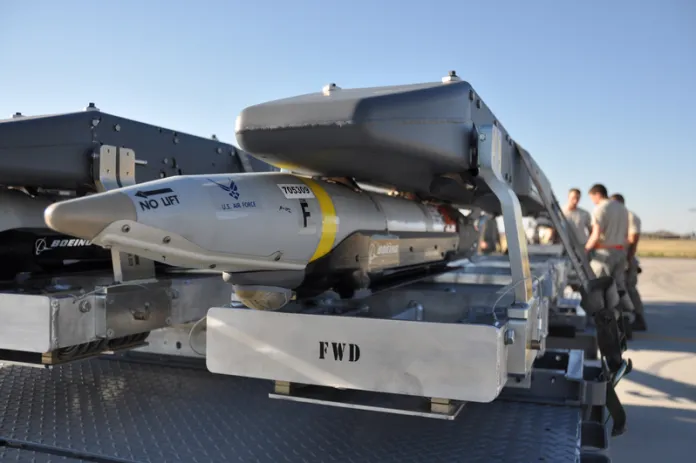
All of the above weapons sales are in violation of the Leahy Law (named after former Vermont Senator Patrick Leahy) that forbids U.S. weapons supplies to governments and military and police units that have been credibly alleged to have committed human rights violations.
On October 31, JDAM bombs were found to have been used in strikes on the Jabalia refugee camp in Gaza that killed at least 50 Palestinian civilians and buried another 100 under rubble.
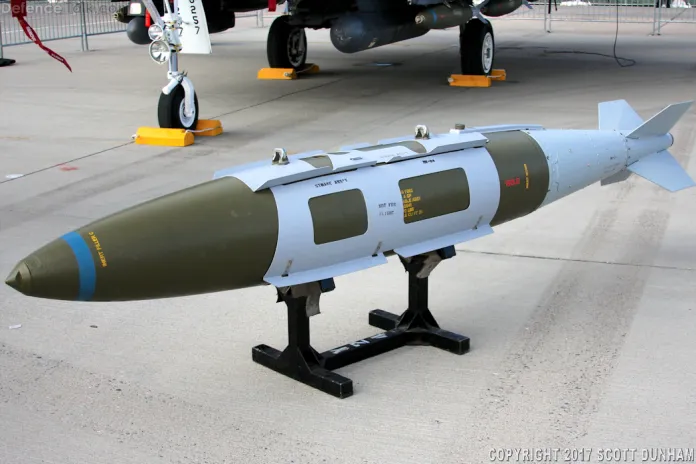
A former Pentagon chief of high-value targeting in Iraq, Mark Garlasco, said that “JDAMs will burrow through the ground and have a delayed detonation, causing buildings [in the refugee camp] to collapse on themselves. This helps to explain the extent of the damage.”
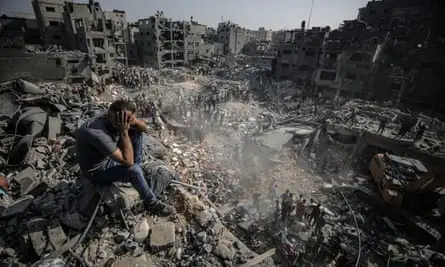
Profits Over People
Although Craig Mokhiber, the now former director of the New York Office of the UN High Commissioner for Human Rights has called Israel’s attack on Gaza a textbook case of genocide, executives at Raytheon, Lockheed and Boeing see in it a great business opportunity.
Wall Street stocks of weapons-makers have risen 7% since the war started. Journalist Matthew Gault reported that Lockheed, Northrop Grumman and RTX (Raytheon) all mentioned the potential business opportunities of the Israel-Hamas war on earnings calls this week.
The head of aerospace and defense equity research at Morgan Stanley said during RTX’s October 24 earnings call: “Looking at the White House’s $106 billion supplemental funding request, you’ve got equipment for Ukraine and missile defense for Israel and replenishment of stockpiles for both. And this seems to fit quite nicely with Raytheon’s defense portfolio.”
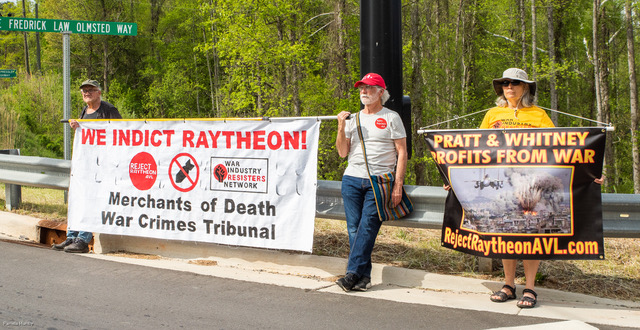
These comments exemplify Wolf’s point about the war industry’s malicious disregard for human life as the quest for higher profits overrides any humanitarian considerations.
Further underscoring this point, a video that was presented to the tribunal about Israel’s 2008-2009 Operation Cast Lead detailed egregious war crimes carried out with weapons supplied by the defendants. Fragments from bombs that killed Gazans were linked back to Raytheon and Lockheed Martin, whose Apache helicopters and F-16 jets carried out the bombing that pulverized much of Gaza.
Lockheed Martin’s connection to the Israeli military was so close that it established an Israeli subsidiary in 2014.

This is despite the fact that the IDF deliberately struck civilian buildings where people were sheltered while using white phosphorus, a napalm-like weapon that burns people’s flesh to the bone, and Dense Inert Metal Explosives (DIMEs) supplied by the U.S., which release deadly shrapnel particles in order to maximize the suffering of the Gazan people.
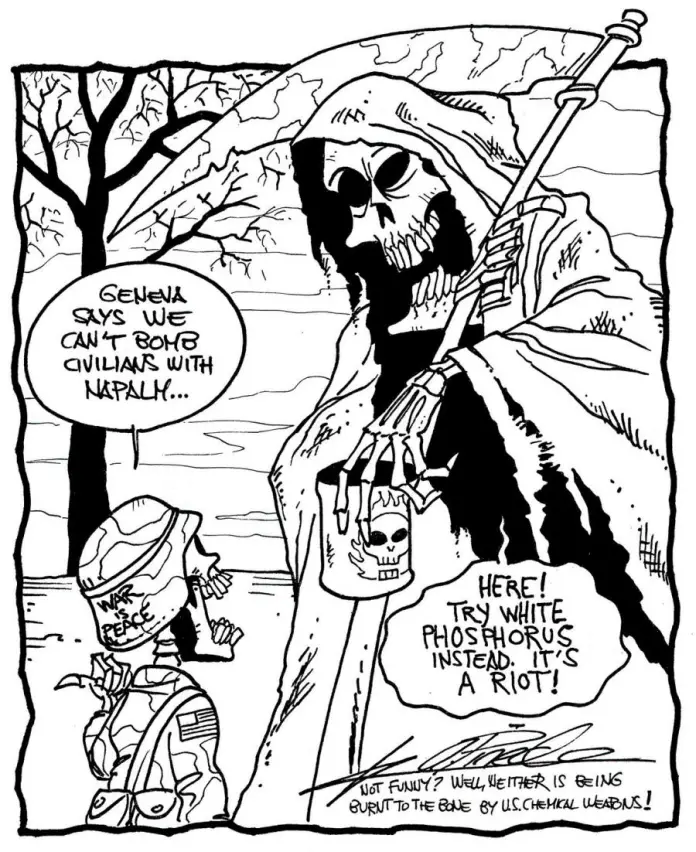
The evidence presented on the first day of the tribunal was, on the whole, both jarring and compelling. Already, one comes away convinced of the moral and legal culpability of the defendants for crimes on a scale not far removed from the Nazis. Future hearings and testimonials should provide even more definitive proof of guilt.
You can follow the tribunal and register to attend it and other related events here.
[1] Raytheon also supplies Sidewinder air-to-air missiles to Israel.